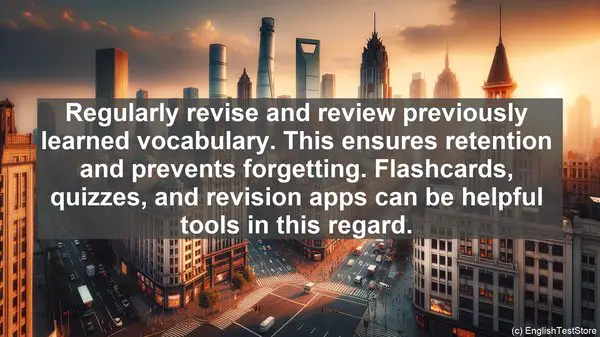Introduction: The Power of Specialized Vocabulary
Hello, students! Today, we’ll explore the world of advanced English vocabulary in specialized fields. Mastering these terms not only demonstrates your expertise but also enhances your professional communication. Let’s dive in!
1. Contextual Learning: Words in Action
Rather than memorizing word lists, learn new vocabulary in context. Read articles, research papers, or case studies in your field. Observe how words are used, their nuances, and collocations. This way, you’ll grasp their meaning and application organically.
2. Word Families: Expanding Your Lexicon
Words often have related forms, such as nouns, verbs, adjectives, and adverbs. By exploring these word families, you exponentially increase your vocabulary. For example, ‘analyze’ (verb) has ‘analysis’ (noun), ‘analytical’ (adjective), and ‘analytically’ (adverb).
3. Thesaurus: A Treasure Trove
A thesaurus is a valuable tool for finding synonyms and antonyms. It helps you avoid repetition and adds variety to your writing and speech. However, always ensure the chosen synonym accurately conveys your intended meaning.
4. Active Usage: Words in Your Daily Life
To truly internalize new vocabulary, actively use it. Incorporate advanced terms into your conversations, writing, and even social media posts. The more you practice, the more natural and effortless their usage becomes.
5. Specialized Resources: Dictionaries and Glossaries
Every field has its own jargon and terminology. Explore specialized dictionaries and glossaries to familiarize yourself with these industry-specific terms. This knowledge not only aids comprehension but also helps you communicate effectively within your field.
6. Word Maps: Visualizing Connections
Create word maps or mind maps to visually represent the relationships between words. This technique enhances your understanding of semantic connections and aids in recall during exams or presentations.
7. Prefixes and Suffixes: Building Blocks of Words
Many words are formed by adding prefixes (e.g., ‘un-‘, ‘re-‘) or suffixes (e.g., ‘-able’, ‘-tion’). Understanding these affixes helps you decipher unfamiliar words and deduce their meaning based on familiar roots.
8. Collocations: Words That Go Together
Certain words naturally occur together, forming collocations. For instance, we say ‘make a decision,’ not ‘do a decision.’ By learning these word combinations, your language sounds more natural and idiomatic.

9. Reading Widely: A Language Enrichment Tool
The more you read, the more exposure you have to diverse vocabulary. Explore books, articles, and blogs in your field, as well as general literature. This broadens your lexical repertoire and improves your overall language skills.
10. Revision and Review: Consistency is Key
Regularly revise and review previously learned vocabulary. This ensures retention and prevents forgetting. Flashcards, quizzes, and revision apps can be helpful tools in this regard.

